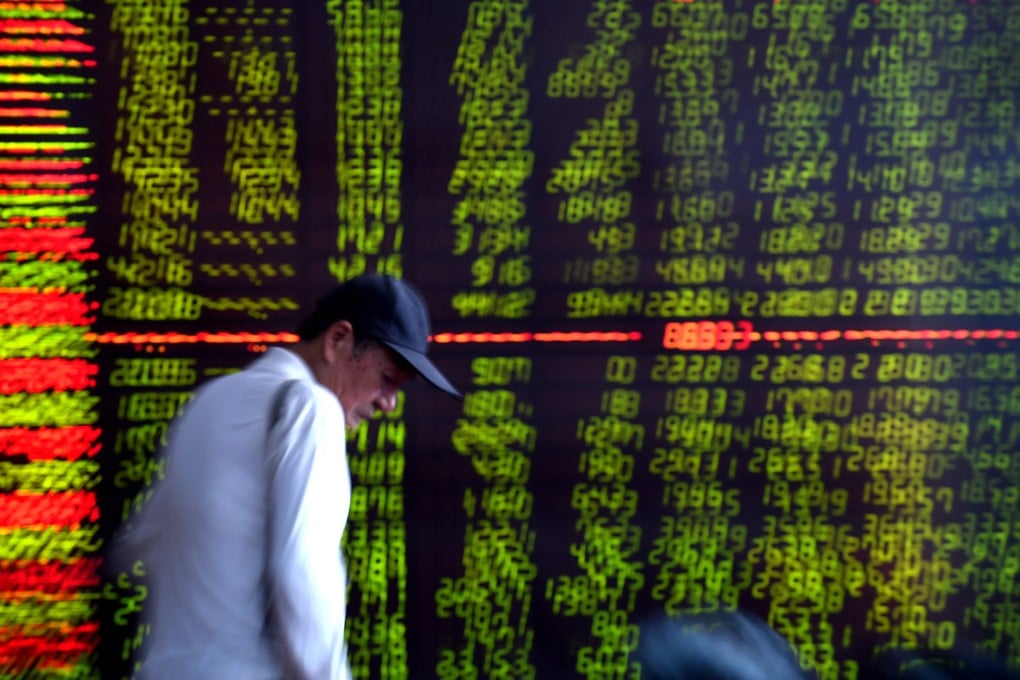Hang Seng slides as Meituan, JD.com and tech leaders limp while CNOOC advances on oil price outlook
- China reported growth in exports, imports in May despite lockdown restrictions, beating consensus forecasts
- CNOOC advanced as oil prices topped US$122 per barrel amid tight US inventory

The Hang Seng Index declined 0.7 per cent to 21,869.05 at the close of Thursday trading, after surging on Wednesday to a two-month high. The Hang Seng Tech Index retreated 1.4 per cent while the Shanghai Composite Index dropped 0.8 per cent.
Meituan fell 3.1 per cent to HK$201.80 while JD.com eased 2 per cent to HK$249. Haidilao International slumped 5 per cent to HK$15.88 and Anta Sports slipped 4.4 per cent to HK$90.30. China’s top oil explorer CNOOC added 2.1 per cent to HK$11.42 as crude topped US$122 a barrel on tight inventory.
“[China] has lost too much from March to May” despite the better May data, said Bai Ming, deputy director of state-run International Market Research Institute. “No matter how hard [businesses] work in the second half, it is indeed difficult to catch up.” Recovery will depend on containing Covid-19 cases, he added.
China’s economic outlook has suffered several downgrades in forecasts as Covid-19 lockdowns hurt factory output. Moody’s last week cut its 2022 GDP estimate to 4.5 per cent versus the official target of 5.5 per cent, even with policy support and infrastructure stimulus.